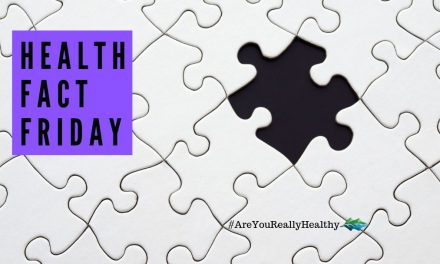Did you know approximately 50% of the population worldwide are affected by vitamin D insufficiency? It is estimated approximately 1 billion people worldwide are suffering from vitamin D deficiency. Lifestyle and environmental factors, such as low exposure to sunlight, have been implicated as major contributors to the pandemic. Vitamin D is more than just a vitamin. It is unique in that it can be synthesized within the skin from sun exposure or obtained from foods that naturally contain vitamin D such as cod liver oil and fatty fish (e.g., salmon, mackerel, and tuna); UV-irradiated mushrooms; foods fortified with vitamin D; and supplements functions as a steroid hormone. Studies have shown its possible role against cancer, heart disease, fractures and falls, autoimmune diseases, influenza, type-2 diabetes, and depression. It is for this reason that many healthcare practitioners have increased their recommendations for vitamin D supplementation to at least 2000 IU per day. In this article, we will explore the benefits of vitamin D, why you need to get your vitamin D levels checked and start supplementing if needed.
Stronger Bones
Everyone experiences bone pain at one point in time. Vitamin D helps in the maintenance of strong bones. It plays an important role in the regulation of calcium and phosphorus levels in the body which are equally important for the maintenance of healthy bones. In fact, its deficiency has led to conditions such as rickets in children and osteomalacia in adults. It is therefore advised that we consume foods containing vitamin D in addition to taking supplements.
Reduces Risk Of Diabetes Mellitus
Diabetes mellitus is a group of metabolic disorders characterized by high blood sugar. This can be due to insufficient insulin production as in Type I or insulin resistance as in Type II. The disease affects both children and adults. A study conducted on infants who were followed since the day of birth reported a 78% lower risk of developing type I diabetes in those who were supplemented with 2.000 IU vitamin D per day.
Helps With Weight Loss
When trying to lose weight, it is advised that you add vitamin D to your diet. Several studies have attributed vitamin D deficiency to obesity; whether repletion supports weight loss and changes obesity-related markers is unknown. A study was conducted to evaluate the effects of calcium and vitamin D supplementation for fat mass loss in females who consume very low calcium levels. The study showed that by taking daily calcium and vitamin D supplement, a group of test subjects were able to lose more weight than subjects taking a placebo supplement.
Cancer Prevention
Due to its significant role in regulating cell growth and for cell-to-cell communication, vitamin D has been attributed to a reduced risk of cancer development. Studies have suggested that calcitriol, a hormonally active form of vitamin D, helps reduce cancer progression by slowing down angiogenesis (the formation of new blood vessels) that occurs in cancer containing tissue, reducing the potential of cancer to spread, and increasing the death of cancer cells.
Improves Cardiovascular Health
Conditions affecting the cardiovascular system are continuously becoming more prevalent. Some studies have shown that vitamin D deficiency can contribute to the occurrence of heart-related medical conditions. To reduce the risk for these diseases, it is important to maintain appropriate vitamin D levels in your system.
Reduces The Risk Of Flu
Low vitamin D levels have been attributed with increased respiratory infections. A randomized control study conducted on school children showed that vitamin supplementation reduced the risk of influenza by approximately 40%. To help boost your immune system, make sure your vitamin D levels are within a healthy range by getting tested.
Improves Fertility
Recent studies have established a link between vitamin D and male fertility. These studies have shown that vitamin D supplementation can improve semen quality, fertility outcomes and testosterone concentrations which can be beneficial especially for those couples undergoing IVF.
Did you know, you can take a comprehensive health assessment that will help measure your overall health! In this assessment, we test your Vitamin D levels along with so much more. If you’re looking for an excellent source of vitamin D, here’s the very one I use with my patients. Vitamin D3 with K2











